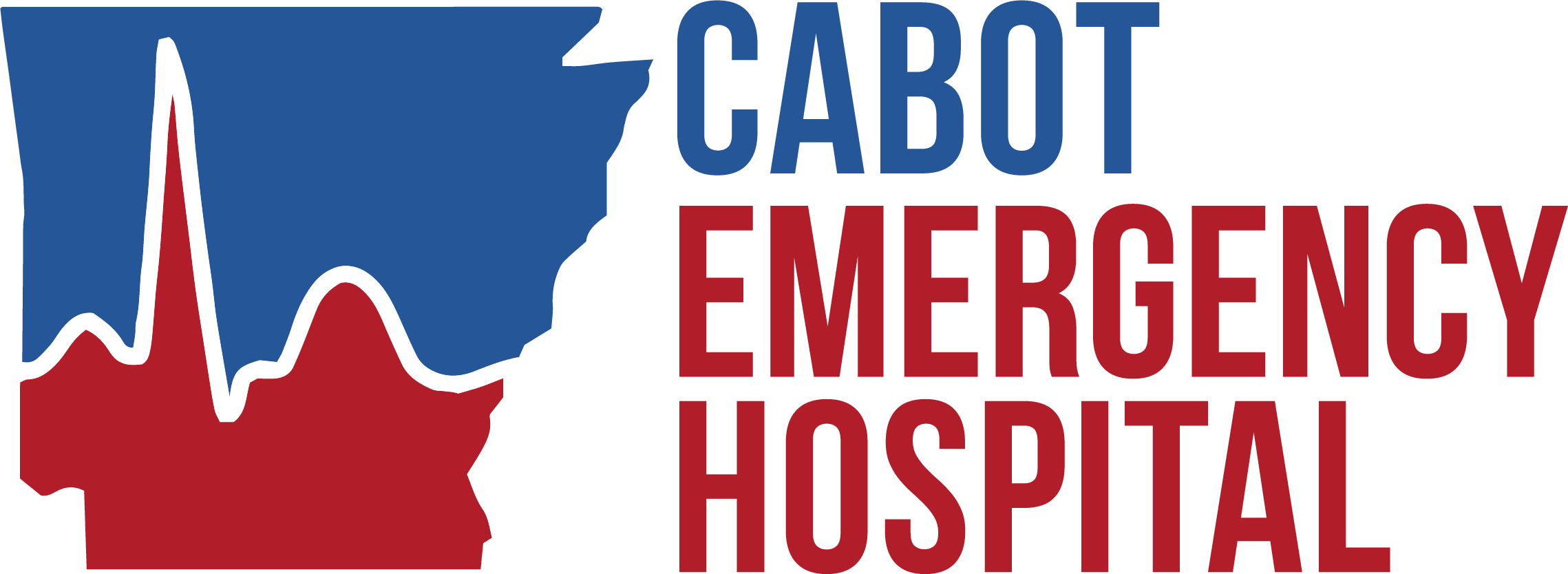Learn the signs of an infected wound and when it is time to visit your local ER.
Our bodies are marvelous wonders of the world. As soon as we are injured, the body starts to heal itself within minutes. However, sometimes the healing process does not work expectedly – leaving us to wonder, is my wound infected?
When the body sustains an injury, especially where the skin has broken, it is easy for bacteria or other germs to enter the wound site. Once these pathogens enter the wound, the healing process can be halted, and severe trauma symptoms may arise.
It is important to quickly recognize infections to intervene and prevent serious chronic medical conditions.
Signs that a Wound is Healing
A wound should be watched throughout the entire healing process. A simple wound can turn into a chronic wound in the blink of an eye. Here are the signs that your wound is healing correctly:
- Scabs
- Swelling for five days or less after injury
- New tissue
- Scarring
Signs of a Wound Infection
The easiest way to diagnose if a wound is infected is to ask yourself–is the wound getting better or worse? Infected wounds continuously get worse and symptom intensity increases. Here are the signs that your wound is not healing properly and could be infected:
- Warmth after the first five days of injury
- Red and swollen after the first five days of injury
- Discharge or a bad smell through the wound site
- Discoloration
- Long-lasting pain
- Fever
More severe infection symptoms include:
- Nausea
- Chills
- Limited mobility
If you are experiencing any sign of infection, you should seek immediate medical attention to prevent serious medical conditions.
How to Prevent a Wound Infection
A minor wound is capable of being treated at home. Infection is a major cause for concern when your body has an open cut or wound. To prevent a minor cut from becoming infected, complete the following steps:
- Wash the wound thoroughly with clean, running water for several minutes. Also, clean the skin around the wound with warm water and anti-bacterial soap. If water is not available, alcohol wipes are fine.
- Let the wound air dry. Do not immediately cover the wound.
- Apply an antiseptic ointment to the wound site.
- Cover the wound with gauze or a suitable dressing.
It is important to pay attention and apply delicate care when treating a wound at home. The wound should be washed and recovered with a new dressing daily. Once the scabbing process begins, do not pick the skin.
24/7 Infectious Wound Treatment
Cabot Emergency Hospital provides 24/7 infectious wound treatment in our state-of-the-art emergency room with advanced treatment. If you or a loved one are feeling unwell from an infectious wound or struggling to get a wound to heal, our team of expert physicians is here to help! Our physicians are equipped to accurately and rapidly treat bacterial infections and provide the wound care needed to get you feeling better.
Disclaimer: As a service to our readers, Cabot Emergency Hospital and Nutex Health state no content on this site, regardless of date, should ever be used as a substitute for direct medical advice from your doctor or other qualified clinician.





Comments are closed